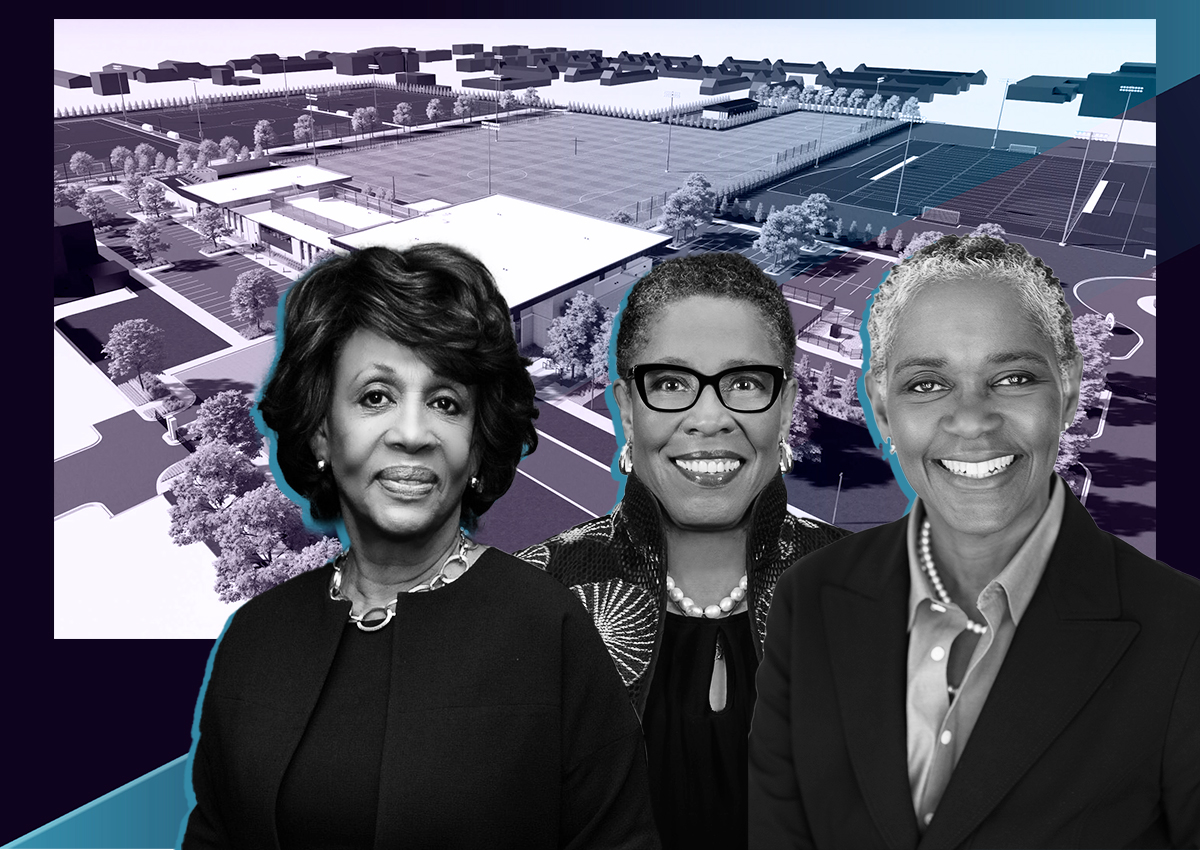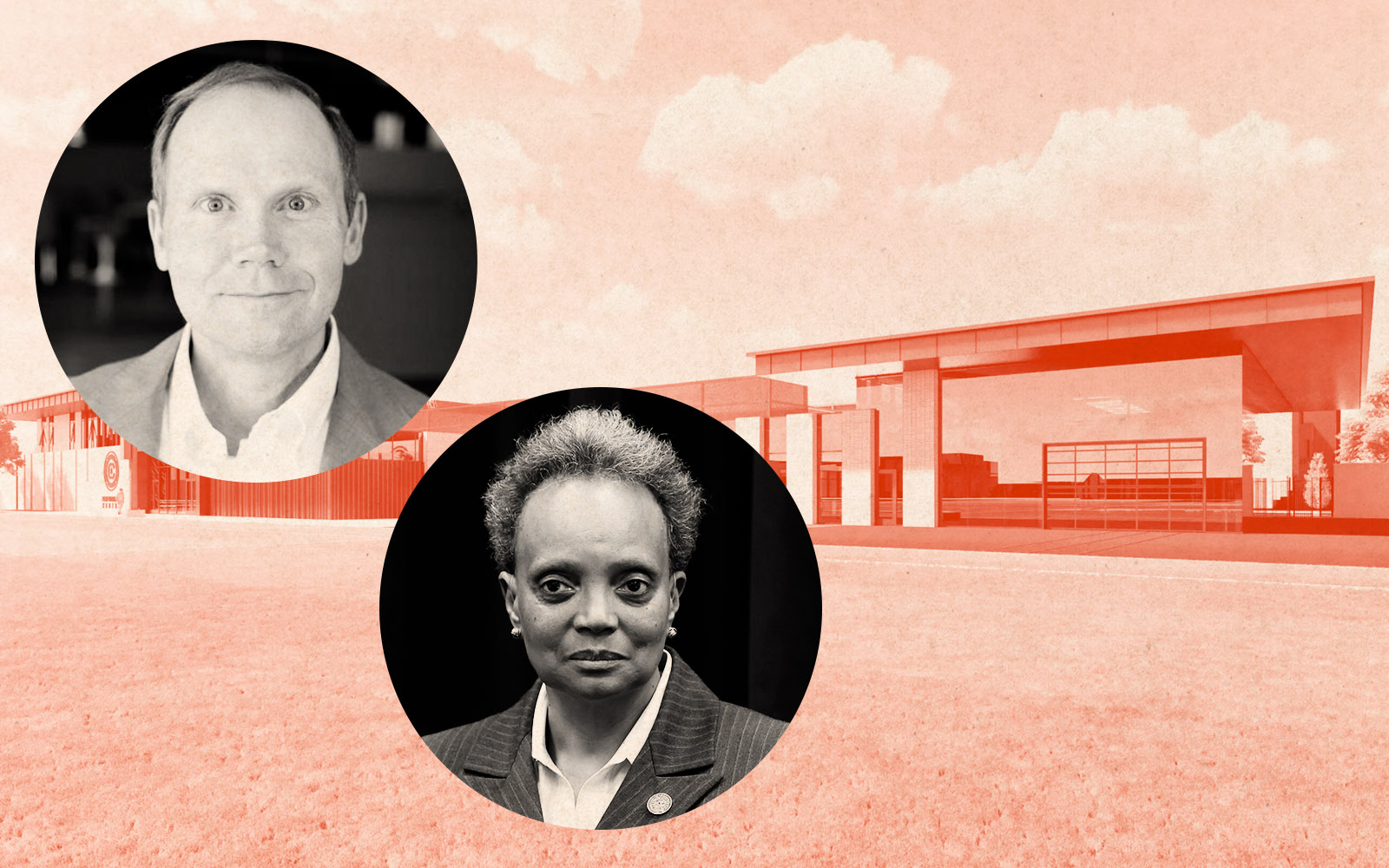Former Chicago Mayor Lori Lightfoot pulled a few strings to secure a land deal for the Chicago Fire soccer team’s new $80 million practice facility, before her successor Brandon Johnson would have a chance to pull it apart.
Lightfoot and the Chicago Housing Authority worked with the U.S. Department of Housing and Urban Development on formulating a “justification narrative” required for HUD’s approval of the new 53,000-square-foot facility on the Near West Side, Block Club reported, citing emails obtained from government officials through public records requests.
The development has stirred up plenty of controversy, because several organizations and local residents thought the 23-acre former ABLA Homes housing complex site was best suited for affordable housing. The disagreement prompted a lawsuit from the Coalition to Protect Chicago Housing Authority Land, the Chicago Housing Initiative and the Lugenia Burns Hope Center against the CHA and HUD.
Earlier this year, the Fire struck a deal to lease the land for at least 40 years, with $30 million going to the CHA over the next 30 years. But first, HUD officials had to sign off on the deal so the team could get the land, long slated for development of affordable housing. Lightfoot and the CHA worked to get federal approval to instead give the land to the soccer team before Johnson took office, as he voiced his disapproval of such selloffs of public housing land throughout his campaign.
In its application to HUD, the CHA stated that it didn’t need the land offered to the Fire, adding that many of the residents displaced from the gentrifying neighborhood over the years were unlikely to come back. In addition, the CHA said the project would spur economic development on the Near West Side, and Fire owner Joe Mansueto, a billionaire who was also a donor to the Lightfoot campaign, said the team would fund affordable housing in the area.
However, the CHA’s application to the federal agency provided little detail as to how the deal was in the “best interests” of its residents or other low-income families, according to the publication. The HUD then provided guidance that would lead to its approval, and little pushback on the deal’s merit.
In January, with the mayoral election three months away, CHA director for development Ann McKenzie emailed HUD official Andres Acosta several times, asking for an update on the approval process.
In February, one of HUD’s top administrators for the Midwest told Lightfoot that the CHA had to show how the deal adhered to the fair housing and civil rights laws. McKenzie later wrote that allowing the Fire to take control of the site would “help stave off gentrification in a growing area.”
After Lightfoot was locked out of the runoff election but still in office, HUD officials continued to seek more details of the Fire land deal to warrant its approval. McKenzie emailed the federal agency a map of the neighborhood, showing where the CHA planned to build more housing around the facility. No specifics were given on when, where or how the projects would ensue, though.
“CHA does not need the land described in the disposition application,” McKenzie wrote.
The HUD signed off on the deal on March 6. Johnson has not responded to requests for comment the matter because there’s a pending lawsuit, but some of his allies on Chicago City Council said it would be difficult to undo the deal.
— Quinn Donoghue
Read more



